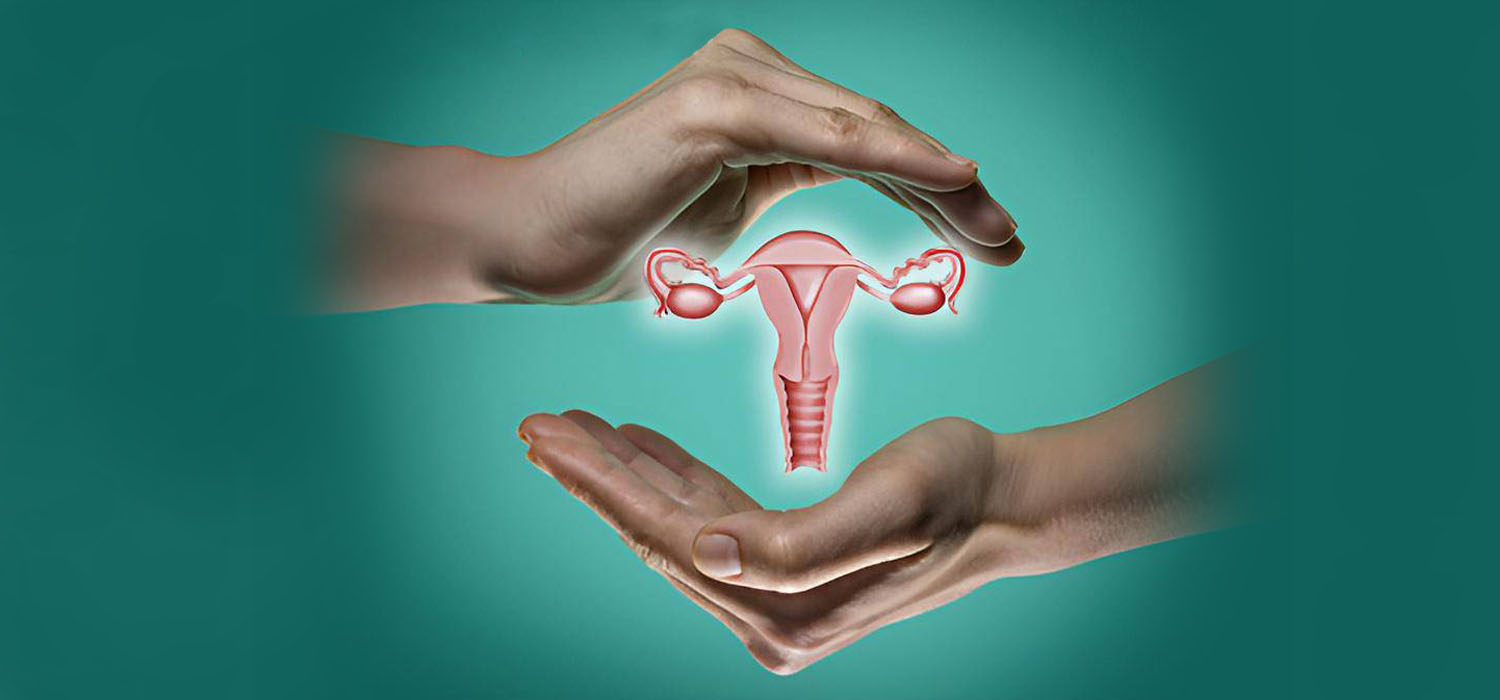Navigating Fertility Challenges: Insights and Innovations

Fertility challenges can be overwhelming, affecting millions of individuals and couples worldwide.Read More
1. Understanding Fertility Challenges
Infertility is defined as the inability to conceive after a year of trying (or six months for women over 35). While both men and women can experience fertility issues, it’s crucial to understand that fertility is a complex process influenced by multiple factors. Age, lifestyle, health conditions, and genetics play significant roles. For women, issues such as polycystic ovary syndrome (PCOS), endometriosis, or blocked fallopian tubes may be the cause. For men, factors like low sperm count or motility often contribute to infertility challenges.
2. Cutting-Edge Fertility Treatments
With rapid advancements in reproductive medicine, hopeful parents have more options than ever. Some of the most promising innovations include:
- In Vitro Fertilization (IVF): This widely known procedure involves fertilizing eggs with sperm in a lab before transferring the embryo into the uterus. Advances in IVF techniques, such as preimplantation genetic testing (PGT) and time-lapse imaging of embryos, have improved success rates.
- Intracytoplasmic Sperm Injection (ICSI): ICSI is particularly helpful for male infertility. This technique involves directly injecting a single sperm into an egg, increasing the chances of fertilization.
- Egg and Sperm Freezing: Fertility preservation through egg and sperm freezing has gained popularity, especially for those facing medical treatments or who wish to delay childbearing.
- Artificial Intelligence (AI) in Fertility: AI is being used to analyze embryos and predict their viability with greater accuracy, leading to better selection and increased chances of success.
3. Holistic and Natural Approaches
Beyond medical interventions, many individuals explore holistic approaches to enhance fertility. These methods focus on overall well-being and lifestyle changes:
- Diet and Nutrition: A well-balanced diet rich in antioxidants, vitamins, and minerals can improve reproductive health. Research suggests that foods high in omega-3 fatty acids, folic acid, and zinc may support fertility.
- Acupuncture: Acupuncture has been shown to help regulate menstrual cycles, improve blood flow to reproductive organs, and reduce stress, which can positively impact fertility outcomes.
- Mind-Body Therapy: Yoga, meditation, and mindfulness practices are becoming popular for managing the emotional toll of fertility challenges. These therapies help reduce anxiety, which can affect hormone levels and overall fertility.
4. Emotional Support and Counseling
Fertility struggles often come with emotional ups and downs. The mental health impact can be profound, making emotional support an essential aspect of fertility care. Many clinics now offer counseling services to help individuals and couples cope with the stress, anxiety, and grief that may arise during this time. Support groups, both in-person and online, also provide a sense of community and shared experiences.
5. Looking to the Future
The future of fertility treatment holds even more promise as researchers continue to explore groundbreaking technologies such as gene editing, stem cell therapy, and the development of artificial wombs. These innovations could potentially revolutionize fertility treatments and offer solutions to previously untreatable infertility causes.
Final Thoughts
Navigating fertility challenges can be difficult, but it’s important to remember that there are numerous paths to parenthood. Whether through advanced medical treatments, holistic care, or emotional support, hopeful parents are finding success in overcoming fertility obstacles. Staying informed about the latest innovations and seeking the right care can make all the difference in this life-changing journey.
Related Posts

How Live-In Carers Support Women Through Complicated Pregnancies

Stress and Fertility: Finding Balance


